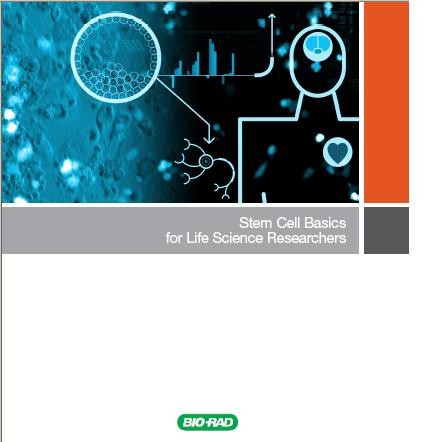In a statement released earlier this month, the National Institutes of Health (NIH) announced that it has awarded the first new grants under the Biomedical Research on the International Space Station (BioMed-ISS) initiative, a collaborative effort between NIH and NASA. Using a special microgravity environment that Earth-based laboratories cannot replicate, researchers will explore fundamental questions about important health issues, such as how bones and the immune system get weak.
The National Laboratory at the ISS provides a virtually gravity-free — or microgravity — environment where the cellular and molecular mechanisms that underlie human diseases can be explored.
 NIH is hosting three rounds of competition for the BioMed-ISS initiative. The first round of grants for the ground-based phase — totaling an estimated $1,323,000 included an award to Millie Hughes-Fulford, from the Northern California Institute for Research and Education, San Francisco who is studying immune system suppression in space. A reduction in the immune response also occurs in the elderly, who, like astronauts, are at increased risk for infection. As a former astronaut, Hughes-Fulford aims to apply lessons learned from studies of immune cells in microgravity to a new model for investigating the loss of immune response in older women and men.
NIH is hosting three rounds of competition for the BioMed-ISS initiative. The first round of grants for the ground-based phase — totaling an estimated $1,323,000 included an award to Millie Hughes-Fulford, from the Northern California Institute for Research and Education, San Francisco who is studying immune system suppression in space. A reduction in the immune response also occurs in the elderly, who, like astronauts, are at increased risk for infection. As a former astronaut, Hughes-Fulford aims to apply lessons learned from studies of immune cells in microgravity to a new model for investigating the loss of immune response in older women and men.
For more information on this exciting new initiative see the NIH website.
Here’s a video of Millie’s trip to space:















